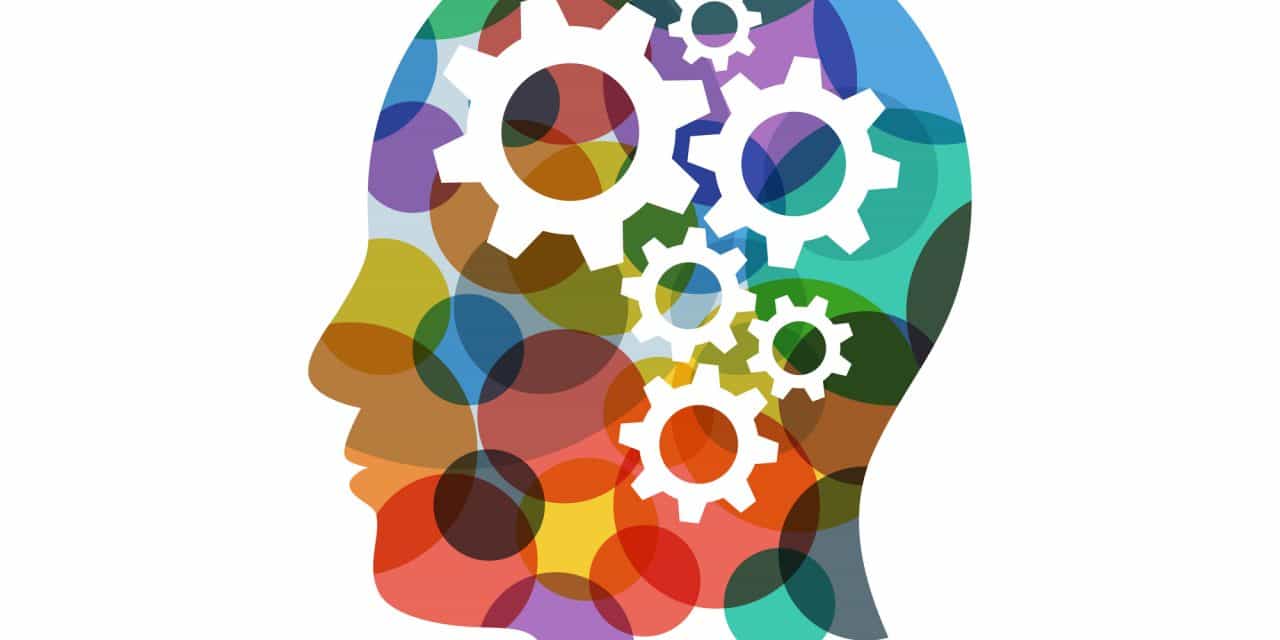There are many different types of dementia, a condition characterized by gradual and progressive decline in thought processes and memory, most commonly attributable to the aging process. However, individuals with dementia maintain normal levels of consciousness in spite of significant impairment in their activities of daily living.
Types of dementia
Alzheimer’s Disease
Alzheimer’s disease accounts for approximately seven out of every 10 cases of dementia.
In patients with Alzheimer’s disease, plaques of beta-amyloid proteins and tangles of TAU protein deposit in the brain. This process is gradually progressive leading to problems with memory, comprehension, language, spatial orientation and reasoning.
Vascular dementia
The second most prevalent form of dementia is vascular dementia, which can be triggered by a single major stroke, or a series of small strokes blocking small blood vessels. In the second case, individual damages following each small stroke may not be recognizable at first but only when combined over time, and the symptoms vary and depend on which areas of the brain are affected.
Dementia with Lewy bodies
This kind of dementia results from abnormal deposits of proteins known as Lewy bodies developing inside the brain cells. Patients demonstrate problems with memory and thought processes.
Frontotemporal dementia
This rare form of dementia is the result of damage to the frontal and temporal lobes of the brain. Damage can be caused by several abnormalities such as Pick’s disease. Major symptoms include a change in personality, social ability and planning, as well as a lack of judgment and inhibition, and repetitive compulsive behaviors.
Wernicke-Korsakoff syndrome
Deficiency of vitamin B1 or thiamine in the brain is the cause of Wernicke-korsakoff syndrome. It results from chronic alcoholism or malnutrition, and symptoms include significant memory loss, forgetfulness, shakiness and confabulations. If diagnosed early, treatment with high doses of thiamine may reverse some of the damage.
Creutzfeldt-Jacob disease
This disease is very rare and is caused by the transformation of the prion protein that becomes abnormal and damages brain cells. The affected individual usually dies within a year. The first symptom is fast acting dementia including memory loss, hallucinations and personality changes along with movement disorders in some cases.
Parkinson’s disease
This disease affects speech and motor skills. Such a movement disorder is caused by the loss of dopaminergic brain cells and as the disease progresses, the patients may experience problems with memory and abstract thinking.
Last Reviewed: 15-Jul-2017
Editor
Latest posts by Editor (see all)
- Oily fish and diabetes prevention - 04/06/20
- Manage the andropause - 11/12/17
- Testing testosterone levels - 07/12/17






